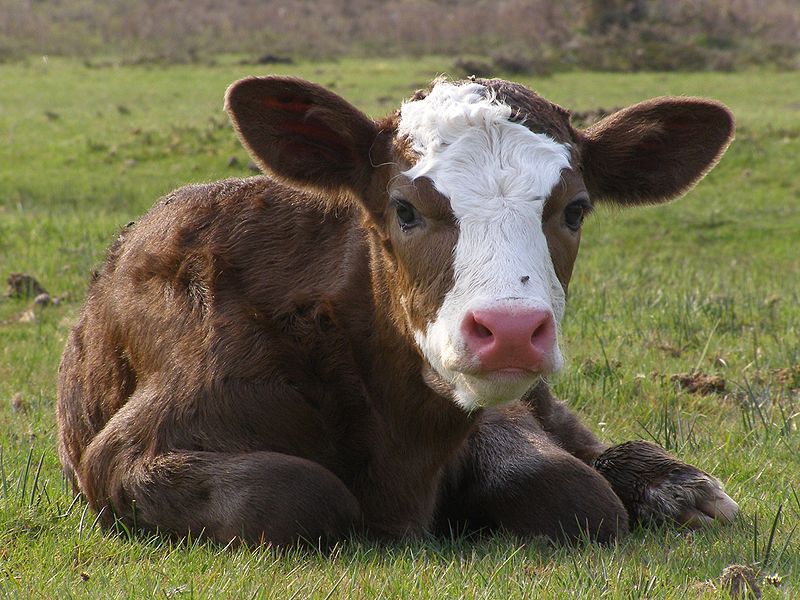Operation Consumption Liberation’s month of not consuming meat has ended. Before I move on to
December’s challenge, I wanted to dive into some of the ethical, environmental,
and health-related questions that pop up when assessing meat consumption in the
USA. Before I started this month, I
asked my currently, and formerly, vegetarian Facebook friends why they went
meatless. I only got three responses (FYI:
all three are no longer vegetarians), but I wanted to share a little of what
they said.
From my friend B.: “I started because I loved/love
animals and couldn't justify killing them just so I could eat. Then I lived in
a veggie house, so that made it even easier. I started eating meat again when I
realized (as sad as it sounds) that I didn't care enough to keep not eating
meat (which is a sad commentary, I think, on the ubiquity of meat in our
society).”
The reason B. became a vegetarian is the reason many people become vegetarians. Whether you ever went to Bible School or not, chances are you still are familiar with the Ten Commandments and the commandment “Thou shalt not kill.” Yes, this refers to killing other human beings, not animals. There’s the argument that the animal world is full of predators that kill prey—“if animals kill for food, why should we hold ourselves to a higher standard?” Still, many people struggle with the idea that the steak on their plate used to be a cow, and that this cow was bred, raised (often on unsuitable grain and supplements in the confined space of a feedlot), and killed explicitly so that humans could eat it. From a moral standpoint, eating animals presents a lot of grey area and conflicted emotions. I do not know if I could personally slaughter a cow, chicken, or fish. And I do occasionally wonder if I should only eat the animals I hypothetically could execute myself. By this rule, bugs would likely make up the bulk of the meat in my diet.
 | ||
| But I love you! (Credit: Jim Champion from Southampton, UK [CC-BY-SA-2.0], via Wikimedia Commons) |
The reason B. became a vegetarian is the reason many people become vegetarians. Whether you ever went to Bible School or not, chances are you still are familiar with the Ten Commandments and the commandment “Thou shalt not kill.” Yes, this refers to killing other human beings, not animals. There’s the argument that the animal world is full of predators that kill prey—“if animals kill for food, why should we hold ourselves to a higher standard?” Still, many people struggle with the idea that the steak on their plate used to be a cow, and that this cow was bred, raised (often on unsuitable grain and supplements in the confined space of a feedlot), and killed explicitly so that humans could eat it. From a moral standpoint, eating animals presents a lot of grey area and conflicted emotions. I do not know if I could personally slaughter a cow, chicken, or fish. And I do occasionally wonder if I should only eat the animals I hypothetically could execute myself. By this rule, bugs would likely make up the bulk of the meat in my diet.



